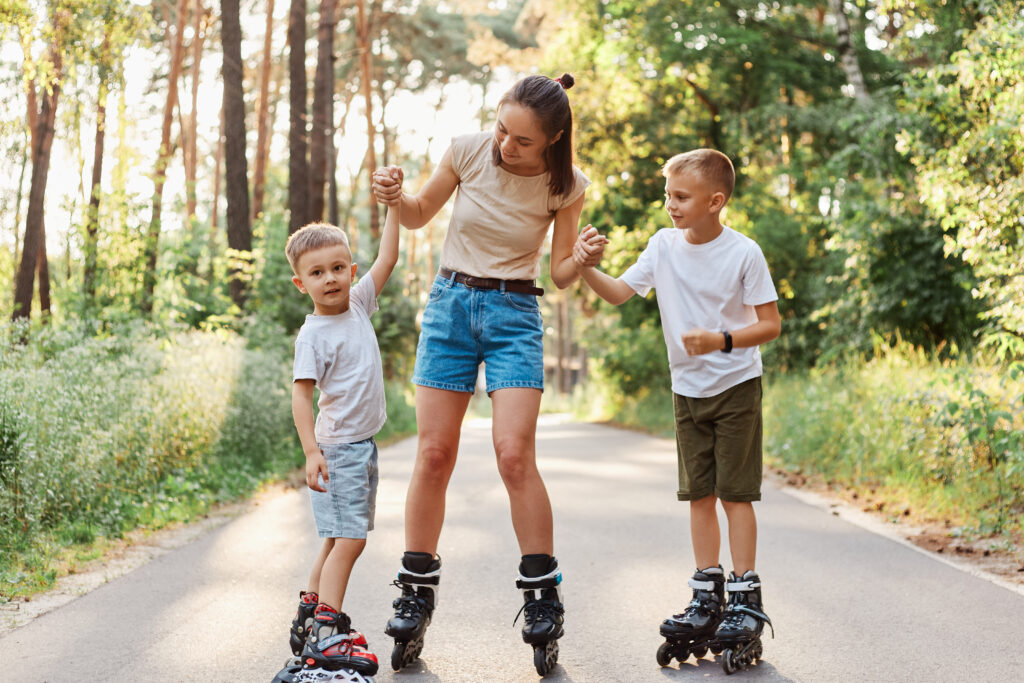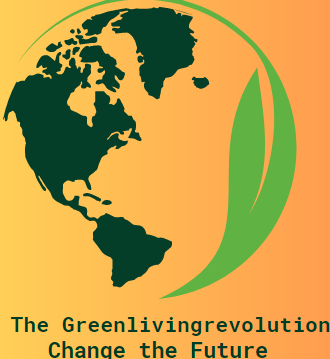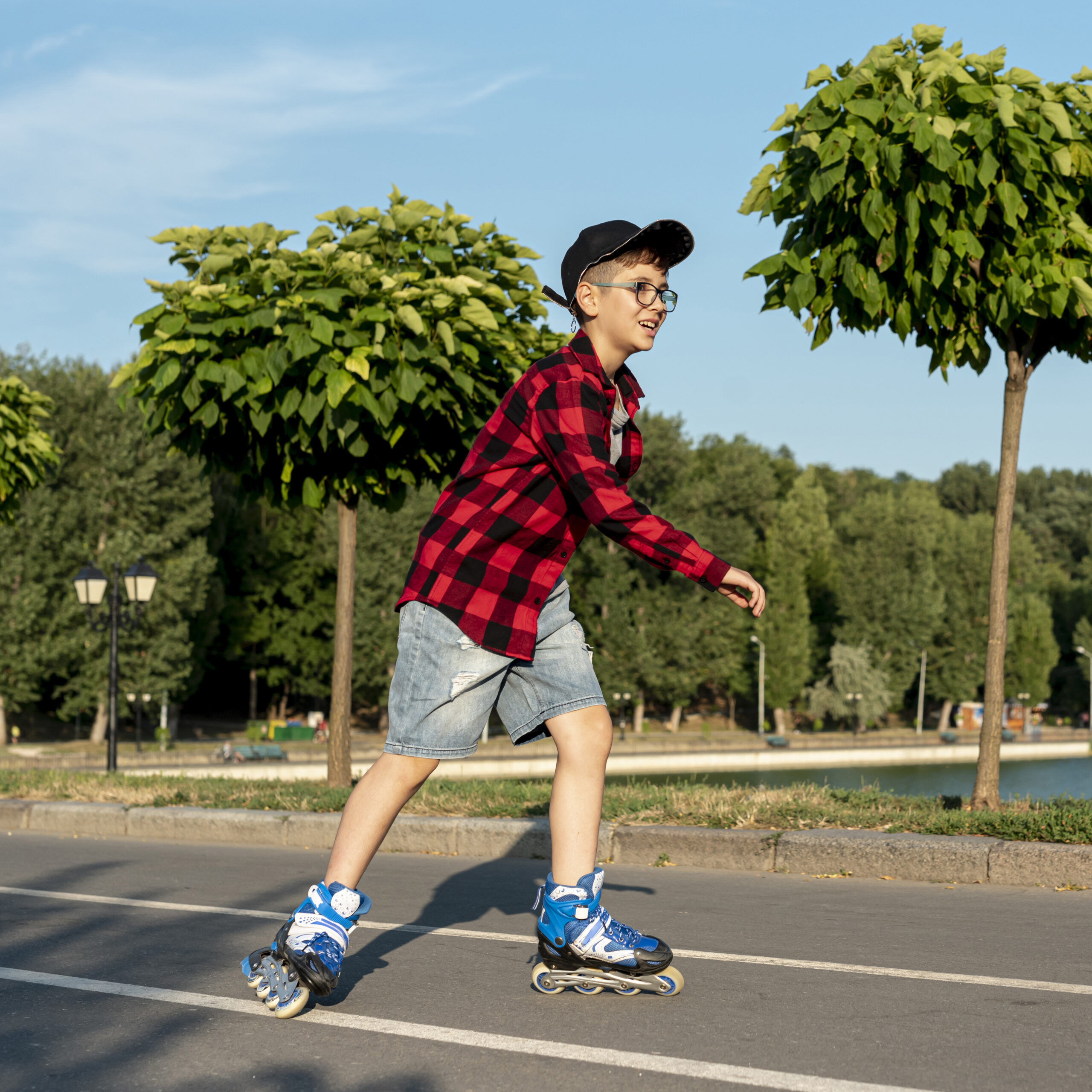Introduction
Recently, my 6 year old was interested to learn a new sport. After debating on the options, he decided to learn skating. So I did some research on this sport and found some interesting facts.Did you know that skateboarding can reduce carbon emissions by up to 90% compared to driving a car for the same distance? So we realised that it’s not just fun, but also an eco-friendly sport!
Skating, with its inherent eco-friendly characteristics, emerges as a sport that promotes a greener future. It is not just a recreational activity; it also holds great importance for young kids in their physical, mental, and social development. As children take their first strides on wheels, they embark on a journey that goes far beyond the thrill of gliding and performing tricks. Whether it’s inline skating, roller skating, or skateboarding, these activities offer more than just excitement and fun. Let’s dive into how this sport contributes to sustainability and why it deserves recognition as a sport that cares for our planet.

Skating and Eco-friendly Transportation
Skating provides a unique mode of eco-friendly transportation. Instead of relying on motorized vehicles that contribute to air pollution and greenhouse gas emissions, skaters glide effortlessly using their own energy. Imagine the reduction in carbon footprint when more individuals opt for skating to commute short distances. By choosing it as a means of transportation, we actively participate in reducing our impact on the environment.
Sustainable Materials and Manufacturing
The skate gear industry has made significant strides in embracing sustainability. Many skate brands now prioritize using eco-friendly materials and manufacturing processes. Recycled materials, such as reclaimed plastics and sustainable woods, are being incorporated into skateboards, inline skates, and roller skates. By opting for gear made from sustainable materials, skaters support the circular economy and contribute to resource conservation.
Promoting Environmental Awareness through Skating
Skating has become a platform for raising environmental awareness. Skaters, both amateurs and professionals, are increasingly using their influence to promote eco-consciousness. They participate in cleanup initiatives, organize eco-friendly skateboarding events, and spread the message of sustainability through social media. Communities worldwide are recognizing the importance of preserving our natural environment and are taking action to protect it. Did u know that the first skateboards were made from repurposed wooden boxes, showcasing the early roots of sustainability in the sport!
Skate Parks and Green Spaces
Skate parks, where skaters gather to practice their skills, present an opportunity for incorporating green spaces. Designing such parks with environmental considerations in mind can enhance sustainability. Integration of vegetation, trees, and green areas not only adds aesthetic value but also contributes to air purification and biodiversity. Creating skate parks as green oases allows skaters to connect with nature while enjoying their sport.
Sustainable Skating Organizations
Numerous organizations have emerged to advocate for sustainable skating practices. These organizations work towards promoting sustainable gear, raising awareness about environmental issues, and supporting conservation efforts. By supporting and collaborating with such organizations, skaters can be part of a larger movement dedicated to fostering a greener future through their beloved sport. The Tony Hawk Foundation has helped fund and create over 600 skateparks across the United States, providing safe and sustainable spaces for skaters of all ages.
Conclusion
Skating is not just a thrilling activity; it’s a sustainable sport with a positive impact on our environment. From reducing carbon emissions through eco-friendly transportation to promoting sustainable materials and manufacturing, it paves the way for a greener future. As skaters, enthusiasts, and environmentally conscious individuals, let’s continue to embrace the values of sustainability, inspire others to join the movement, and shape a world where our passions align harmoniously with the well-being of our planet. Together, we can roll towards a greener and more sustainable future.
Fun fact: The longest skateboard journey ever recorded was a staggering 12,159 kilometers (7,555 miles) by a French skater named Maximilien Robespierre. This sport truly knows no limits!
FAQ’s
Q1: Is skating suitable for children of all ages?
A1: Skating can be enjoyed by children of various ages, but it’s important to ensure that the activity is age-appropriate and matches their developmental abilities. Younger children may start with balance bikes or scooters before transitioning to skateboards or rollerblades as they grow older.
Q2: How does skating benefit a child’s physical health?
A2: Skating provides excellent physical exercise for children, promoting cardiovascular fitness, improving balance, coordination, and strengthening muscles. It helps in developing motor skills, agility, and overall physical well-being.
Q3: Can skating help improve a child’s confidence and self-esteem?
A3: Absolutely! Skating offers children a platform to challenge themselves, set goals, and witness their progress over time. As they learn new skills and conquer obstacles, their confidence grows, and they develop a sense of achievement, boosting their self-esteem.
Q4: Are there any safety considerations parents should keep in mind when their child starts skating?
A4: Safety is paramount when it comes to skating. Parents should ensure that their child wears appropriate protective gear, such as helmets, knee and elbow pads, and wrist guards. It is also important to choose skating environments that are suitable for their child’s skill level and supervise them during their early stages of learning.
Disclaimer: We may earn referral/affiliate fees when you buy services or products from companies that we recommend. As an Amazon Associate, I earn from qualifying purchases. When you click and make a purchase through the links on this blog, I earn a commission, at no extra charge to you
- By 2024, Volvo will no longer create diesel vehicles and will only produce electric vehicles.
- 10 Best Organic Shampoo You Could Use
- Discover the 10 Sustainable Strategies while Studying Abroad to Reduce Carbon Footprints
- Fueling Health and Sustainability: The Best Organic Keto Diet for a Greener Tomorrow
- Top 5 Efficient Sustainable Study Tables: Adopt an Eco-Conscious Learning


Such a refreshing article…
Thank you for the info.